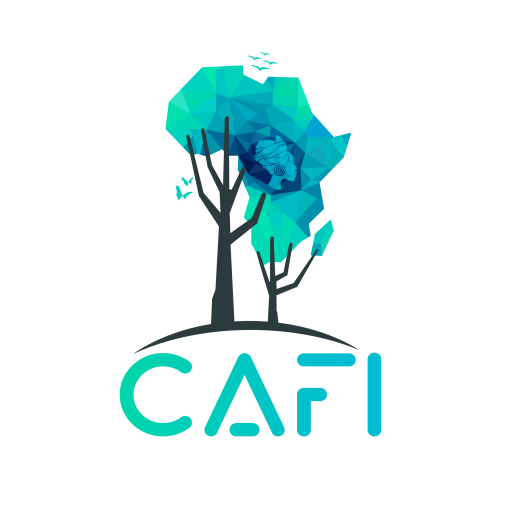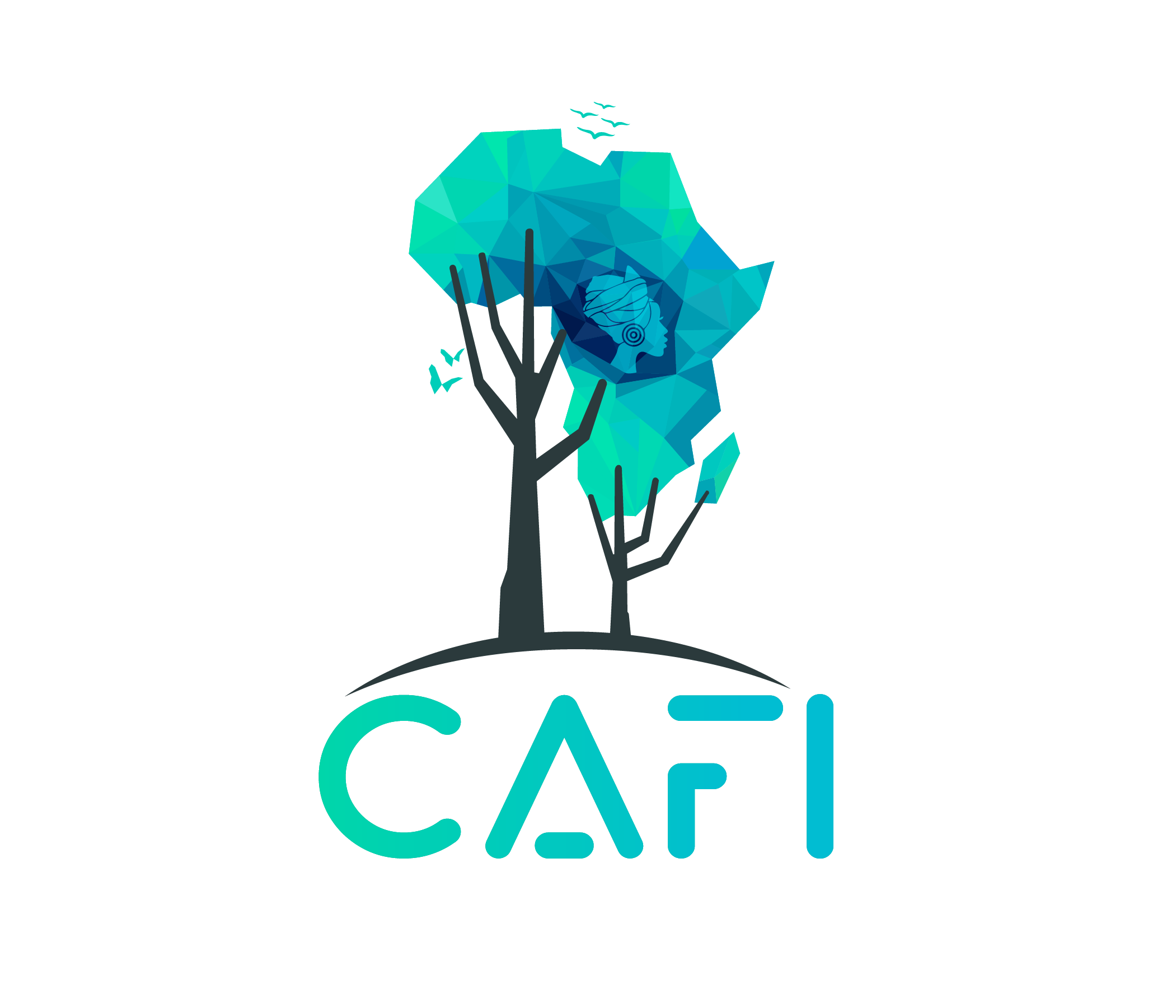14 August 2019
The CAFI’s 2018 annual report, downloadable here, was approved in July 2019 by the CAFI Executive Board.
2018 marked the three-year anniversary of CAFI.
Over these three years, CAFI has successfully raised ambitions for Central African forests, enhanced coordination between donors both at the international and national levels, disbursed more than 40% of its pledges, programmed more than 80% and helped mobilize additional contributions directly into its Fund or bilaterally.
In DRC, the country that has thus far received the most funding, concrete results and milestones of the Letter of Intent have been achieved with great national ownership, despite an historically complex political context. A third sub-tranche of US$ 42 M was approved to the DRC National REDD+ Fund to support the implementation of its portfolio and subsequent funding of the programs.
CAFI approved its first programme for Gabon (US$ 18.4 million), supported by the French Development Agency, to better plan and monitor the use of land and protect over 23 million hectares of tropical rainforest.
With the Republic of Congo, the CAFI Executive Board formally considered the country’s National REDD+ Investment Framework as a good basis for negotiating a Letter of Intent. A funding amount of US$ 45 million through the CAFI Trust Fund, and an additional minimum amount of US$ 20 million in new and aligned bilateral funding, were subsequently agreed to in April 2019.
2018 was also marked by high level policy and technical dialogue enhanced with partner countries, and by the engagement of the European Union to commit 15 million euros to the CAFI Fund.
Events and communication efforts resulted in an exponential increase of social media exposure, notably on Twitter, maintaining CAFI’s position as a major player in the arena of climate, forest and development efforts in Central Africa. Partnerships grew and relationships with civil society improved, thanks notably to a roundtable organized in Geneva on the forest sector and to the first Annual Forum that took place in Oslo and focused on land-use planning.

